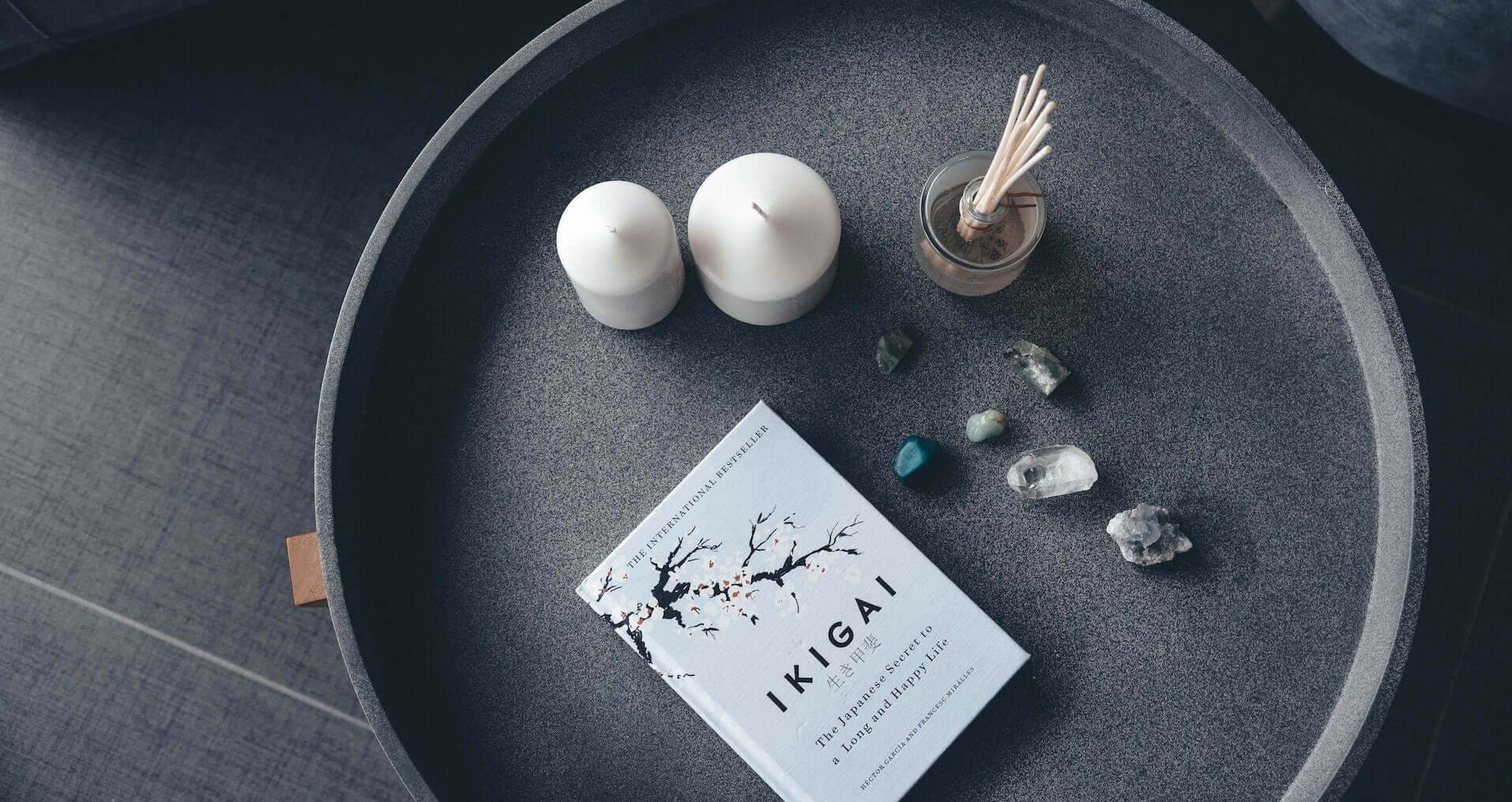
Inhaltsverzeichnis
Mit Ikigai den Sinn des Lebens finden?
Die Ikigai-Philosophie oder -Methode verspricht, auf einfache Weise den Sinn des eigenen Lebens zu finden. Doch ist das wirklich das, was hinter dem japanischen Konzept steckt, oder geht es eigentlich um etwas ganz anderes? Was Ikigai kann – und was es eben nicht kann – erfährst du hier.
Ikigai – Was ist das eigentlich?
Das Wort “Ikigai” stammt aus dem Japanischen und bedeutet frei übersetzt so viel wie “Lebenssinn” oder “das Gefühl, etwas zu haben, für das es sich lohnt, morgens aufzustehen”. Die westliche Auffassung dieser Philosophie hat besonders im letzten Jahrzehnt immer wieder die Runde gemacht: Life- und Business-Coaches arbeiten mit der Methode, Selbsthilfe-Bücher thematisieren das Konzept und es gibt ganze Videos und Podcasts, die sich mit Ikigai auseinandersetzen. Was genau steckt also dahinter und was macht Ikigai so erfolgreich?
Das westliche Verständnis von Ikigai
Zunächst wollen wir uns mit dem befassen, was Ikigai in unseren modernen, westlichen Kreisen meint. Später möchte ich noch darauf eingehen, was mit Ikigai ursprünglich gemeint war – und wie es im traditionellen Sinne gelebt wird.
Mit Ikigai ist heutzutage gemeint, den Sinn des eigenen Lebens zu finden. Das geschieht insbesondere durch eine konkrete Übung: Man sucht die persönliche Schnittmenge zwischen dem, was man liebt (zu tun), dem, was man gut kann, dem, wofür man bezahlt werden kann und dem, was die Welt braucht. Zur Veranschaulichung dient dabei das folgende Venn-Diagramm:

Genau das ist es auch, was das Konzept so beliebt macht: Ikigai ist schnell erklärt, einfach zu fassen und kann konkret angegangen werden.
Die Suche nach dem eigenen Ikigai kann besonders dann helfen, wenn wir das Gefühl haben, nicht zu wissen, was wir tun oder wo wir mit unserem Leben hin wollen. Wenn wir uns neu orientieren wollen oder uns besser kennenlernen möchten. Ein Ikigai zu haben, bedeutet im besten Fall, einen Sinn für das zu finden, was wir jeden Tag tun. Wünsche wahr werden zu lassen. Bedürfnisse zu erfüllen.
Vielleicht fragst du dich bereits, was denn nun ist, wenn man die Schnittmenge zwischen den vier Kreisen nicht finden kann. Muss man sich dann schlecht fühlen?
Die westliche Auffassung, bei der es eben meist um das gezeigte Mengendiagramm geht, hat darauf keine konkrete Antwort. Meine Antwort lautet: Man sollte sich auf keinen Fall schlecht fühlen. Das Ikigai sollte nicht als “Nonplusultra” oder Endziel angesehen werden. In meinen Augen (und der traditionellen Auffassung nach) ist Ikigai vielmehr ein Prozess und kann sich sowohl ändern, als auch auf verschiedene Weisen gelebt werden. Dazu gleich mehr.
Was die westliche Auffassung der Ikigai-Methode nicht kann
Nicht jede:r von uns findet auf Anhieb das persönliche Ikigai. Manche Menschen brauchen dafür Tage, Monate oder sogar Jahre. Einige werden sehen, dass sich die Inhalte der vier Kreise bzw. Bereiche je nach Lebensabschnitt oder -phase ändern. All das ist okay.
Das ursprüngliche “Versprechen”, dass man mit dem Ikigai-Diagramm zwangsweise den eigenen Lebenssinn findet, wird also nicht immer erfüllt bzw. eingehalten. Wenn wir das aber nicht als den Anspruch der Übung sehen, sondern sie vielmehr als Chance verstehen, uns selbst besser kennenzulernen und uns in eine Richtung zu navigieren, die unserer Vorstellung eines erfüllten Lebens entspricht, dann kann uns Ikigai viel bringen.
Wie du Ikigai im ursprünglichen Sinne leben kannst
Ikigai im eigentlichen, traditionellen Verständnis steht vielmehr für eine Lebensphilosophie als für die eine Sache, die unserem Leben einen Sinn gibt. Es geht darum, Sinn in alltäglichen und kleinen Dingen zu finden. Innezuhalten, im Moment zu sein und uns ganz auf das zu konzentrieren, was wir gerade tun. Ikigai kann also auch schon bedeuten, deinen Kaffee zu genießen; ihn zu sehen, zu schmecken und zu riechen. Oder bei einem Gespräch mit einer Freundin wirklich bewusst anwesend zu sein; sich darüber bewusst zu sein, zu leben und dies wertzuschätzen.
Ikigai kann in den verschiedensten Lebensbereichen gefunden werden und in jedem dieser Bereiche kann Ikigai anders aussehen.
Eine letzte Sache, die ich erwähnen möchte: Die ursprüngliche Ikigai-Philosophie enthält nicht den Punkt der finanziellen Entlohnung, also des Bereichs “Wofür kann ich bezahlt werden?”. Vielmehr werden Belohnungen im Allgemeinen thematisiert. Belohnungen können finanzieller Natur sein, müssen dies aber natürlich nicht. Sich nützlich und gebraucht zu fühlen, erfüllt zu sein, sich fähig zu fühlen oder anderen zu helfen – all das kann ebenso belohnend wirken und Sinn stiften.
Wenn du noch mehr über Themen wie Achtsamkeit & Spiritualität, Nachhaltigkeit, Familie und Schwangerschaft oder gesunde Ernährung erfahren möchtest, schaue dir hier spannende Blog-Artikel dazu an.








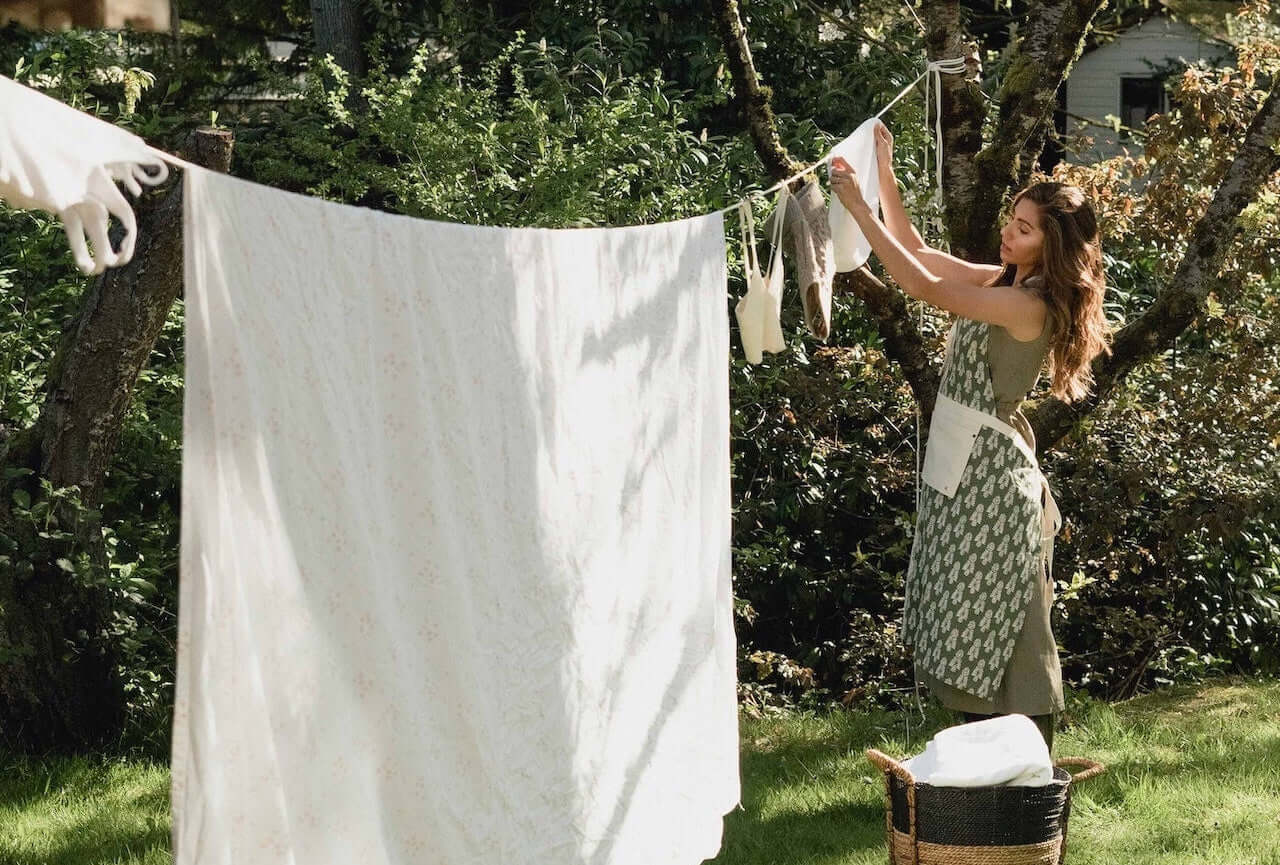
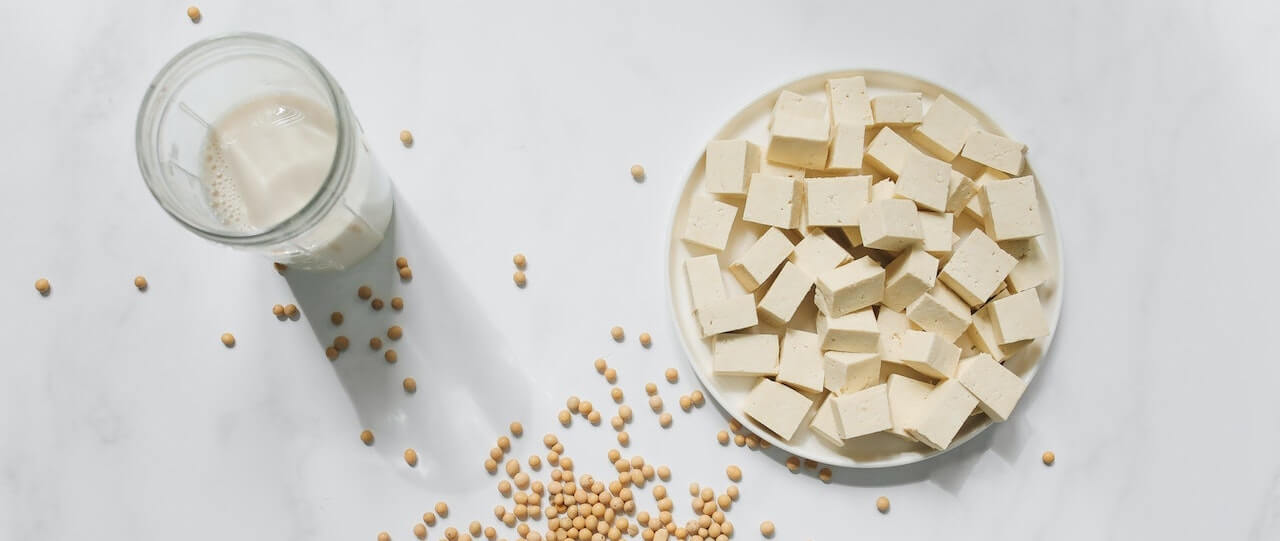










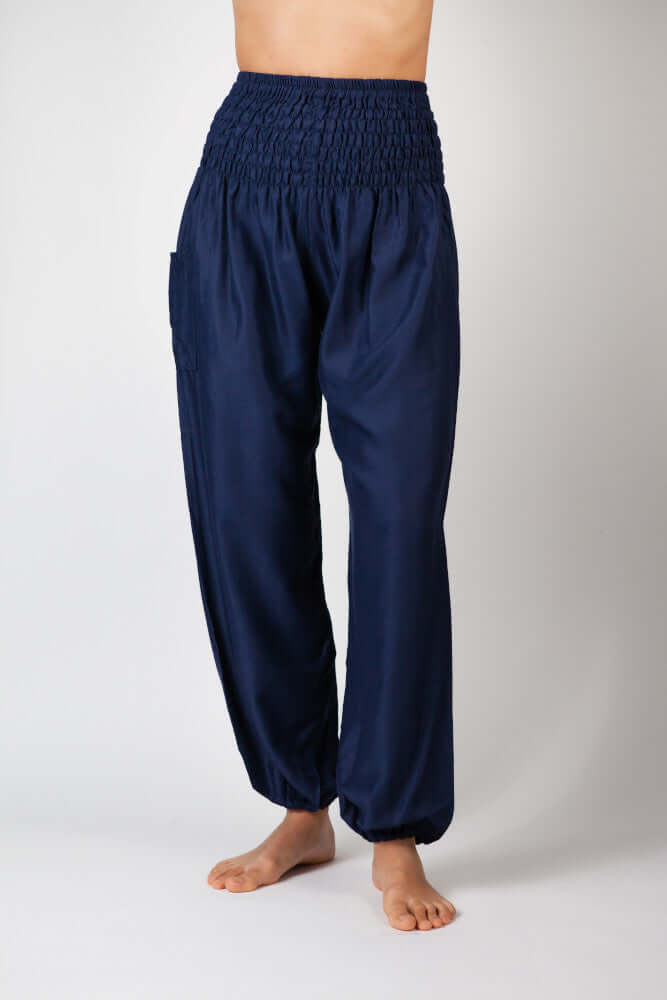

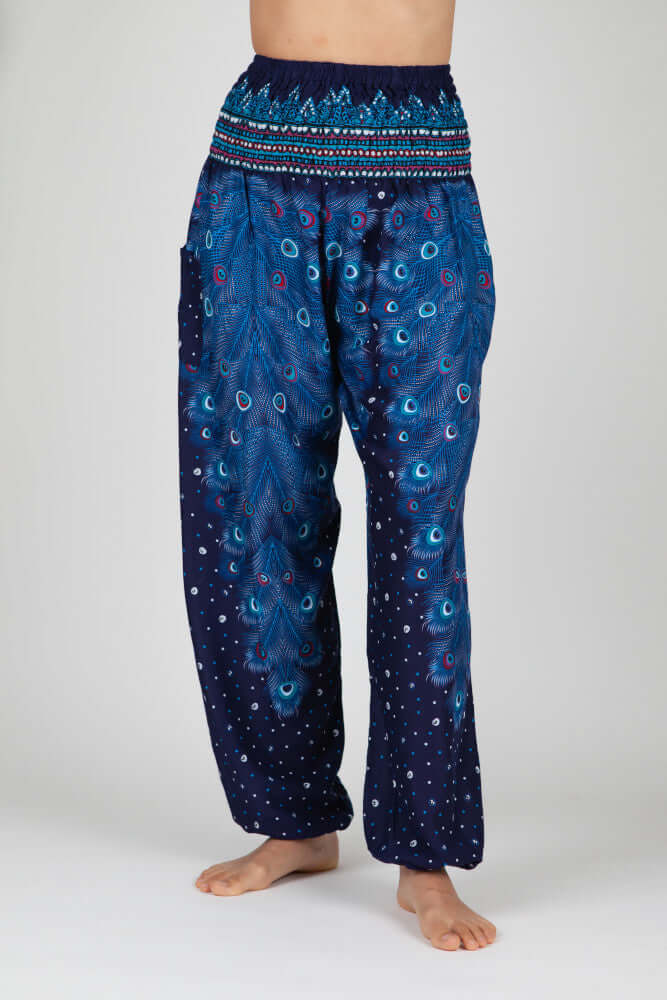



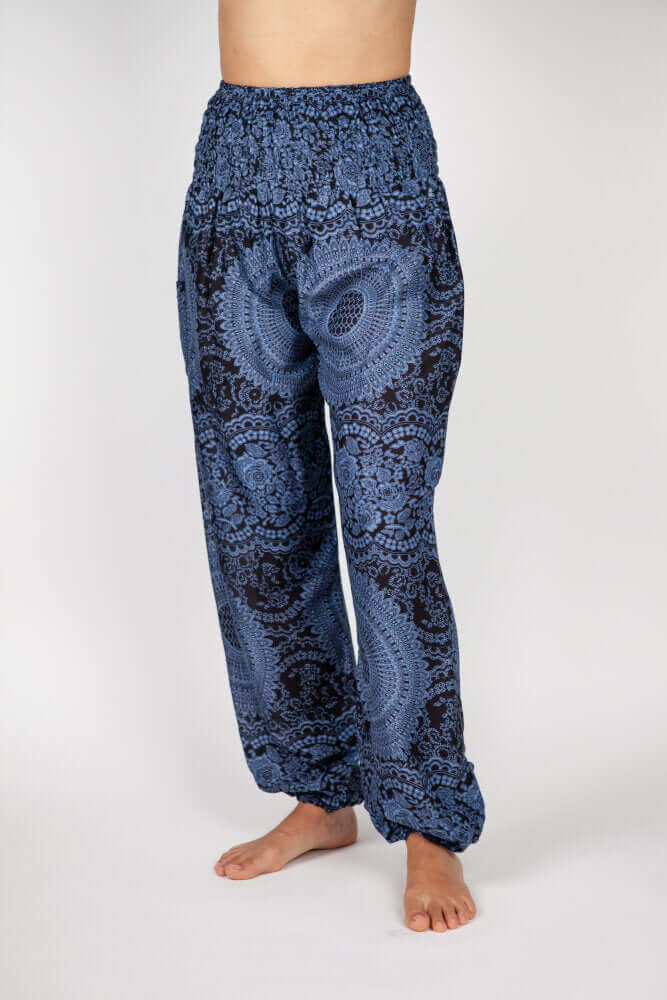

Leave a comment
This site is protected by hCaptcha and the hCaptcha Privacy Policy and Terms of Service apply.